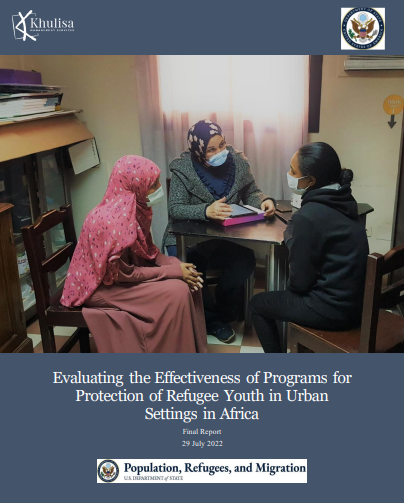Setting reading benchmarks for African languages and English First Additional Language has taken a step forward in South Africa. Khulisa, in collaboration the DBE, national and international experts, developed the Setting Reading Benchmarks report.
Reading benchmarks are standards of proficiency in a skill or domain. Benchmarks can be set as either norm referenced (in relation to other children), or criterion-referenced (on what children are expected to learn at that stage). The report identifies early grade reading skills or areas of competencies for early grade reading. Guidance on methods for setting benchmarks is provided.
How can benchmarks support evaluators?
Benchmarks that are specific to the Nguni and Sotho home languages, and to English as a First Additional Language, provide a standard or criteria for evaluators to make judgements. Evaluators can more objectively value individual learner progress against an agreed norm. Evaluators can also measure the outcomes across programs or program sites (such as grades or classes or schools) which aim to improve literacy teaching and learning. Using these results can further provide targeted recommendations at the individual learner, teacher, or school level to strengthen programs’ results.


